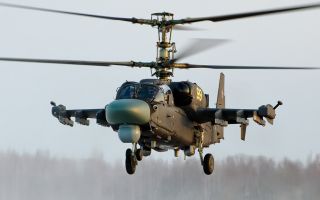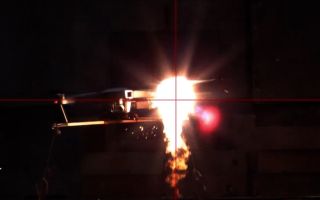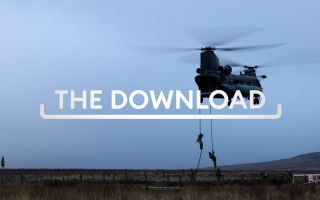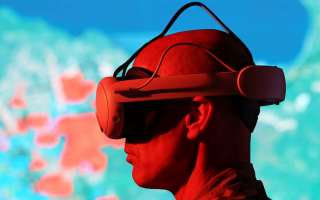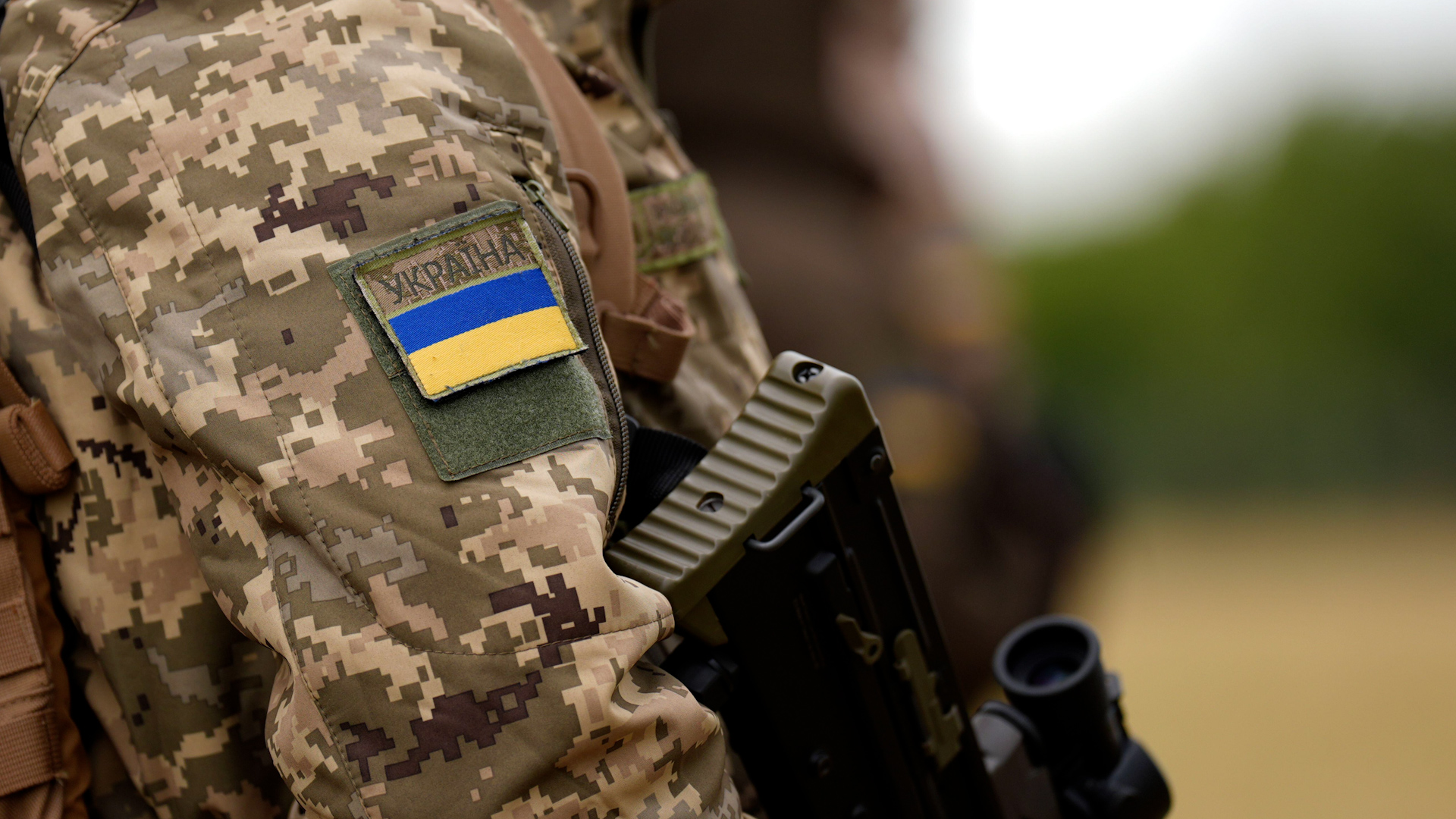
Sitrep: Americans know Russia invaded Ukraine, even if White House pretends it doesn't

"It can be about carrots and sticks, bringing two sides to a negotiating table," Professor Mike Clarke explained.
"But at the moment, the Russians are being offered nothing but carrots - and the Ukrainians are suffering nothing but blows with sticks."
BFBS Forces News's resident expert on the Sitrep podcast was explaining how Ukraine could be affected by a US aid and intelligence freeze while efforts continue to help end the war.
The White House has taken a violent swerve away from supporting Ukraine after Donald Trump replaced Joe Biden in the Oval Office.
But Ukraine does still hold some cards, with one of those seemingly being a grip on the reality of exactly what happened in February 2022.
In a recent poll carried out by Ipsos and reported by Reuters, just 7% believe the White House's rhetoric that Ukraine is to blame for the war currently raging as a result of Russia's invasion.
"The American public, only 7% of the American public, accept what is now the White House line that the Ukrainians brought this war on themselves," Prof Clarke said.
"70% of the American public say the war was started by Russia who invaded and 23% didn't know.
"But this White House line, that somehow it's Ukraine's own fault… is not resonating at the moment with the American public.
"And that, I think, is sort of a sliver that we could think about when we think about Ukraine's standing across the world."
Prof Clarke explained that the notion that Ukraine is to blame is being championed by "people like Tulsi Gabbard… the national intelligence director".
"She said this all the time," he explained. "I mean, she's known in the Russian press as Russia's girlfriend and she was called out some time ago."
Ukraine can also count on continued support for Volodymyr Zelensky, including strong political backing from Europe, as a strength.
"That's important," he said. "And that means that if the Ukrainians decide that they will just fight even without a clear strategic objective, they may do that.
"The idea that a decision can be taken by Trump and Putin and just imposed on Ukraine is unrealistic.
"If the Ukrainians say, 'We'll just carry on because we are facing destruction if we don't,' that's a card that they can play for some time."
Also on the podcast was John Foreman, who served as a defence attaché to both Moscow and Kyiv.
He agreed that Ukraine has public sympathy in Europe as an advantage and also pointed to its army, which he pointed out was about a million strong, highly experienced, and capable of slowing Russia "down to a crawl".
"They've got the support of the people; Zelensky has got the support of the people," he said.
"I think the political class are pretty united. Notwithstanding Trump's attempts to peel away people like Tymoshenko, the gas princess, and other various pro-Russian corrupt voices from the past.
"They've got the moral high ground, and they've got economic resources, perhaps for trade, to trade as part of a deal."
But he said if the US pulled the plug on aid and intelligence permanently, the Ukrainians would be in a different position.
Prof Clarke said Ukrainians must ask what the strategic objective is.
"You're going to lose more territory, more people will be killed," he said.
"You may lose in any case in the long run, but sometimes, sometimes, governments and people decide that nothing remains but to fight just in blind hope that by carrying on, you avoid the worst."
Mr Foreman said there was still hope for Ukraine if it decided to fight on - as long as it defined what success looks like.
"If 80% of Ukraine remains sovereign, democratic and increasingly prosperous through links to European Union, they've managed to fight off a long term, a Russian invasion, and if they can get security guarantees," he said.
"They might say that that was worth the fight.
"But again, that's a question the Ukrainians can make, not us."
You can listen to Sitrep wherever you get your podcasts, including on the Forces News YouTube channel.

